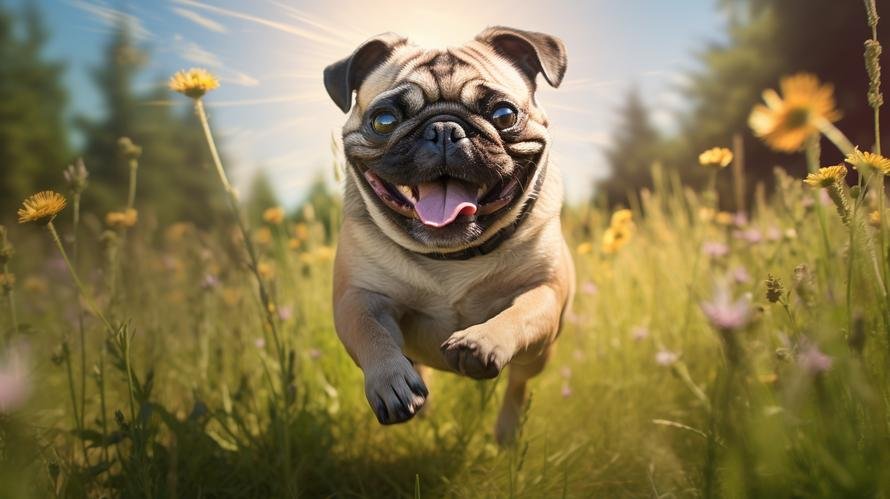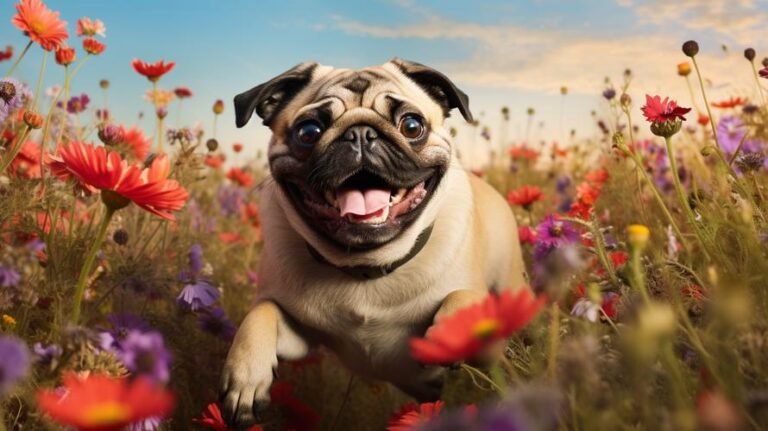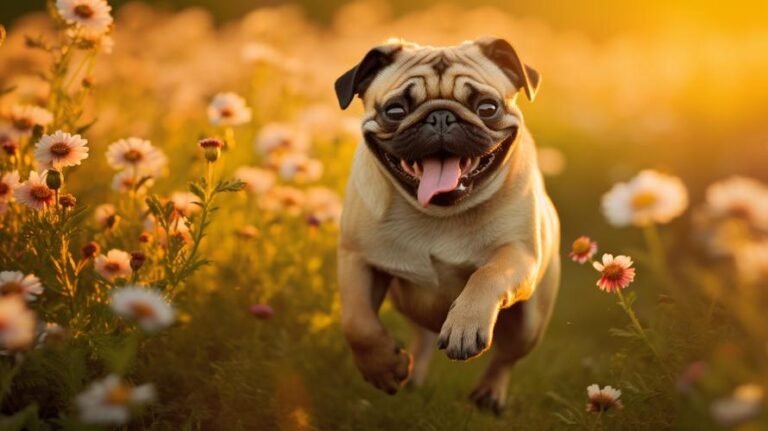Did you know that Pugs were once the royal dogs of Chinese emperors? Yes! These adorable, fun-loving, and wrinkly-faced pups have an ancient and noble history dating back over two millennia. Pugs shared palace rooms with some of China’s most influential historical figures, and they were even given the same respect and status as royal wives! With such a prestigious background, one might wonder if owning a Pug is much like owning a piece of royalty, and does it come with its own exclusive challenges?
Pugs are an affiliative breed; they thrive on human companionship and can become deeply attached, making them excellent companion dogs. However, the question of whether Pugs are difficult dogs is a complex one. This depends on various factors, such as what one considers “difficult,” the specific dog’s temperament, and the owner’s lifestyle, experience, and expectations. In many ways, owning a Pug can be a unique yet rewarding experience, while in others, it can present challenges. Let’s look at the different facets of Pug ownership to help you make an informed decision about bringing one into your home.
First, let’s talk about their personalities. Pugs are known for their friendly and sociable demeanour. They’re great with children and other pets, making them suitable for families. The saying goes: “multum in parvo” (a lot in a little), which perfectly describes Pugs. They carry themselves with dignity and are usually not as yappy as some other small dog breeds. However, they are known for their stubborn streak, which can be a hassle during training. Therefore, patience and consistency are key for anyone looking to adopt a Pug.
Secondly, Pugs require moderate exercise, but their small stature and short nose make them more susceptible to heat and respiratory issues. Warm weather and strenuous exercise can lead to difficulties breathing and even heatstroke in this breed. Hence, Pugs need an environment where they can stay cool and where exercise can be moderated.
Then comes the aspect of grooming! You’d think a short-haired breed like the Pug would be low-maintenance, right? Well, not exactly! Pugs shed. A lot. They are known to shed all year round, and that increases during the warmer months. So, if you have any allergies or despise the thought of fur on your furniture, be prepared to invest in lint rollers and a good vacuum cleaner.
Additionally, the deep wrinkles that make Pugs so irresistibly cute require regular cleaning to prevent infections. Similarly, their bulging eyes are prone to injuries and various health issues, adding to their maintenance routine. However, grooming and health care routines can actually be bonding time for you and your Pug, as long as you approach these necessities with love and a gentle hand.
Pugs are known to be big eaters and have a propensity for weight gain. It’s important to monitor their diet and ensure they get enough exercise to maintain a healthy weight. Obesity can exacerbate the breed’s existing health issues like hip dysplasia, patellar luxation, and encephalitis. Regular vet visits and healthy diet play a crucial role in ensuring that Pugs live a long, healthy life.
Now, having read about the potential challenges, one might believe that Pugs are indeed difficult dogs. However, any Pug owner you meet will likely tell you about the joyous and enriching experience it is to have these loyal, spirited, and affectionate dogs in their lives. They will tell you that their Pugs make them laugh every single day with their clownish charm, and their love for humans is unrestrained and genuine.
Yes, a Pug needs special care, and their unique traits entail unique challenges. But, despite these, most Pug owners can’t imagine life without their wondrous wrinkly companions. Pugs are not necessarily difficult dogs; they are just a breed that requires mindful ownership, and in return, they reward their humans with their heartwarming companionship and unlimited love. Remember, a dog is not just a pet; it’s a commitment, a responsibility, and most importantly, a member of your family.
Every breed comes with its own set of requirements and challenges. Responsible dog ownership involves understanding those needs and catering to them to the best of our abilities. No dog breed is ‘difficult’ per se, it just may be a mismatch for certain people or lifestyles. In case of a Pug, if you are prepared to tackle the grooming, health and training needs, and you love a lot of personality in a little package, a Pug might just become your most fulfilling and beloved adventure!



